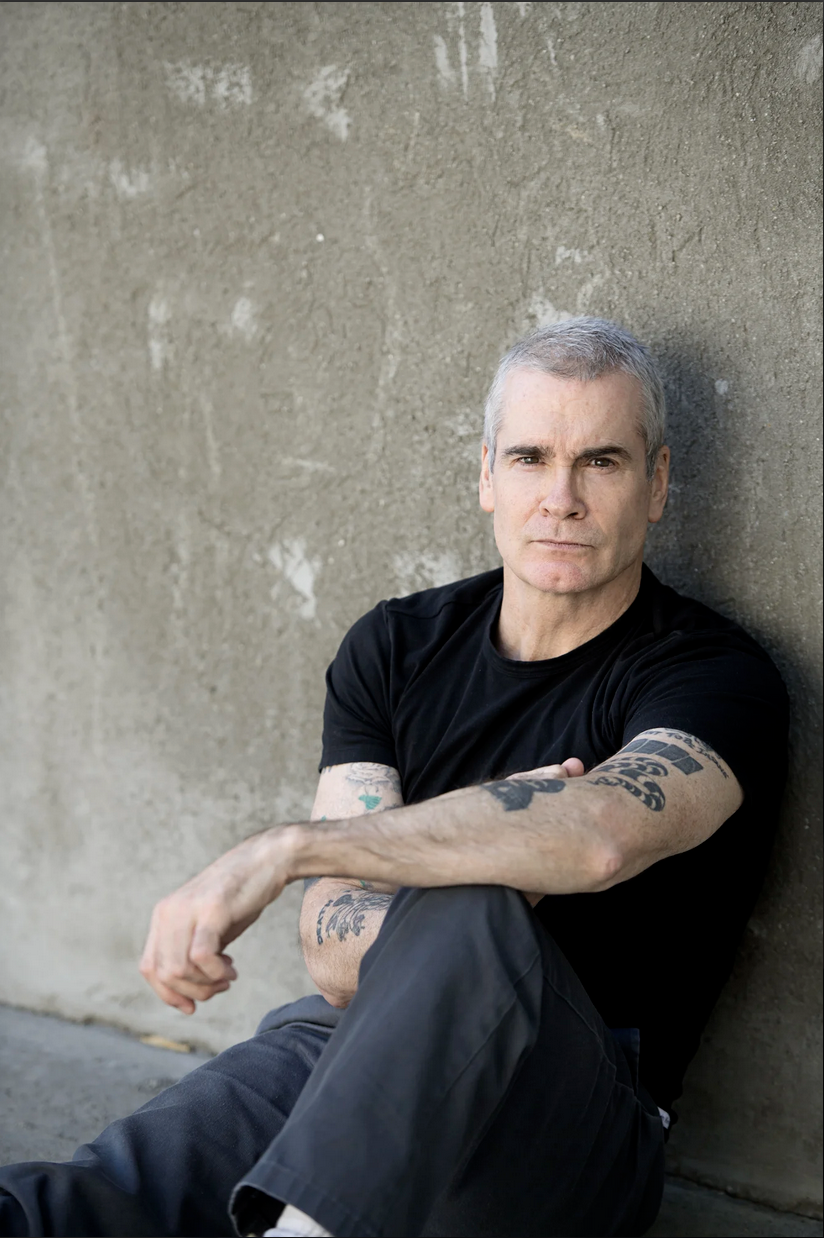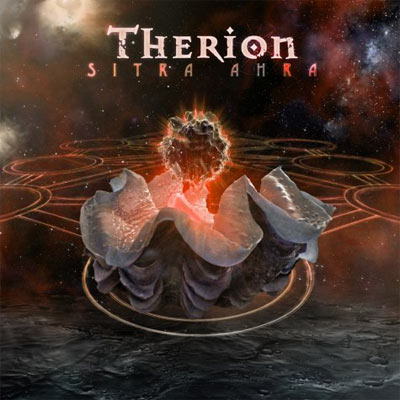This year I'm taking a different approach to posting my Top 10 of 2010. I've listened to so much music - most of it metal - this year, I've decided to post my list as individual posts. I'm trying something new instead of blurting out a whole spiel and cursing myself later for not taking my time. It'll be a considered, measured and thoughtful list from me this year.
As is customary, I choose 10 of the best and give three honorable mentions - the Gold, Silver and Bronze awards respectively. In keeping with the spirit of ceremony, the Bronze award goes to:
Laethora - The Light in Which We All Burn
If you look closely at
Dark Tranquillity records, you'll soon see a pattern emerge. All the despondent, morose and chilling tracks are written by guitarist Niklas Sundin - it's almost if he's the "dark" in Dark Tranquillity. In this, his side-project the cynicism and hopelessness is taken to an almost illogical extreme. Their sound is like a shotgun marriage of blast-beat driven punk grind and minimalistic death metal that feels as if we're listening to the soundtrack to a machine stripping away our humanity. A visceral and raw piece that avoids the pretension of revivalist second wave black metal yet still captures its misanthropic spirit.
The Silver award goes to:
Therion - Sitra Ahra
Therion is like the glue that binds the Swedish progressive metal scene together. If you're Swedish and you were ever in a progressive metal band, you've probably
played in
Therion. Unfortunately, Mats Leven is gone but has been replaced with the more than capable Thomas Vikstrom, paired with Snowy Shaw at the bass end of the vocal spectrum.
Of course,
Therion are the standard-bearers for contemporary classical inspired metal and they run the gamut of the canon, streaking
Vivaldi,
Bach and
Saint-Saens (as well as a symphonic metal "re-imagining" of Phantom of the Opera on the track
Unugentum Sabbati) throughout the layers upon layers of seductive guitar rhythms, orchestral harmonies, tantric grooves and exotic, esoteric melody. Christofer Johnsson confirms yet again he is a master composer who is able to expertly balance his love of mystical epics and pomp with his propensity for power metal hooks and balladeering only to augment both. A balanced record with plenty of sweet guitar licks, instrumental surprises and measured choral lamentation.
The Gold award winner is:
Pain of Salvation - Road Salt One
It almost seems Pain of Salvation these days are merely a de jure progressive metal band - almost as if the band implores you to label them as such even though their music has taken a decidedly un-metal timbre in recent times. That aside, Mr. Daniel Gildenlow has produced another earnest and highly emotional piece in this, the first part of the "Road Salt Sequence." If he wasn't so outspoken with his left-wing views, I might even call it the Road Salt Cashgrab - but he only bleeds passion for music and it shows.
You can almost envision the shag carpeting underneath all of the band's feet as they lovingly give re-birth to 70s hard rock jam - it's like Uriah Heep and Nazareth got together to share their innermost feelings and take a whole bunch of ecstasy - but in the most honest and life-affirming way.
I've always argued that Pain of Salvation are the true (flower) kings of prog metal - and prog music in general - and Road Salt One proves it once again. Looking very forward to Road Salt Two early next year.
Next up, we start the real list...





